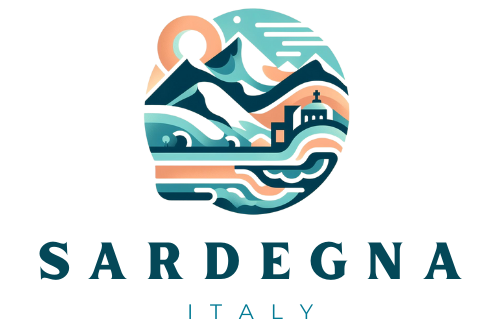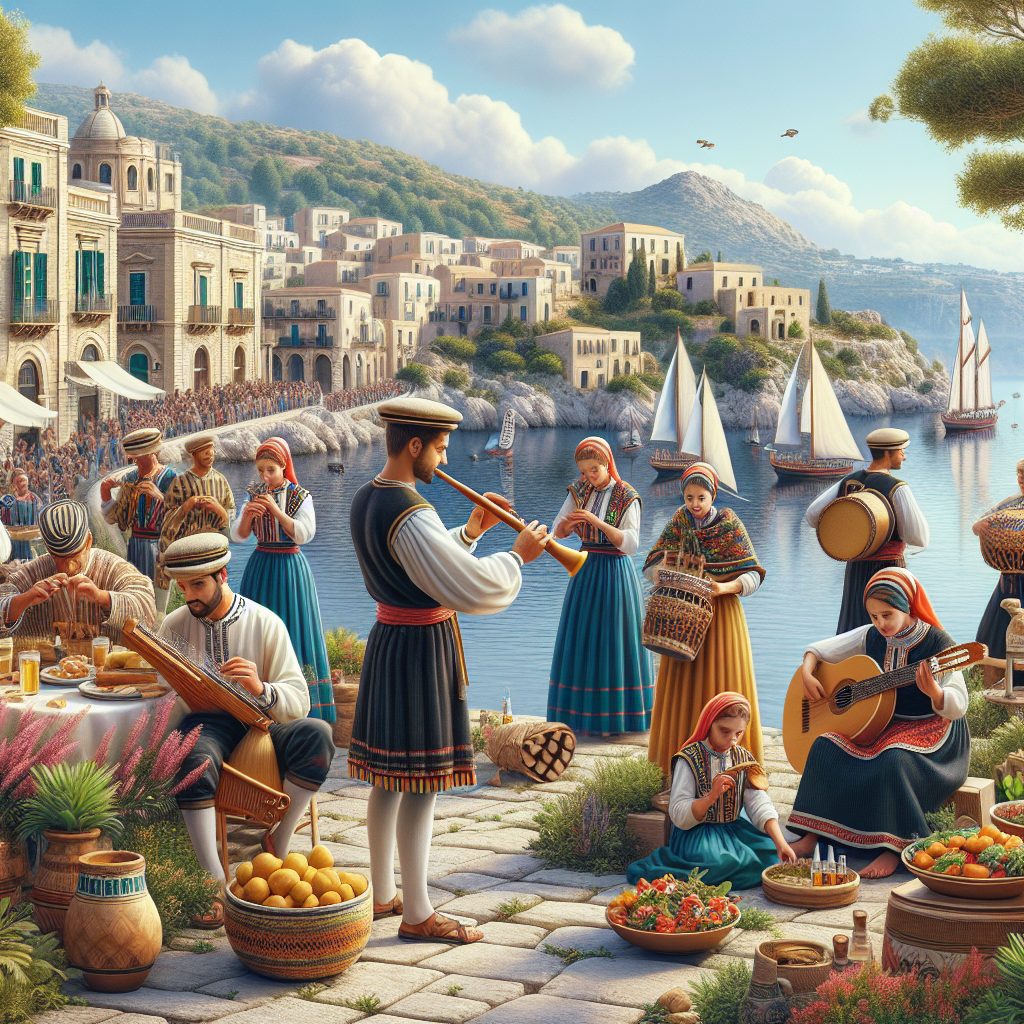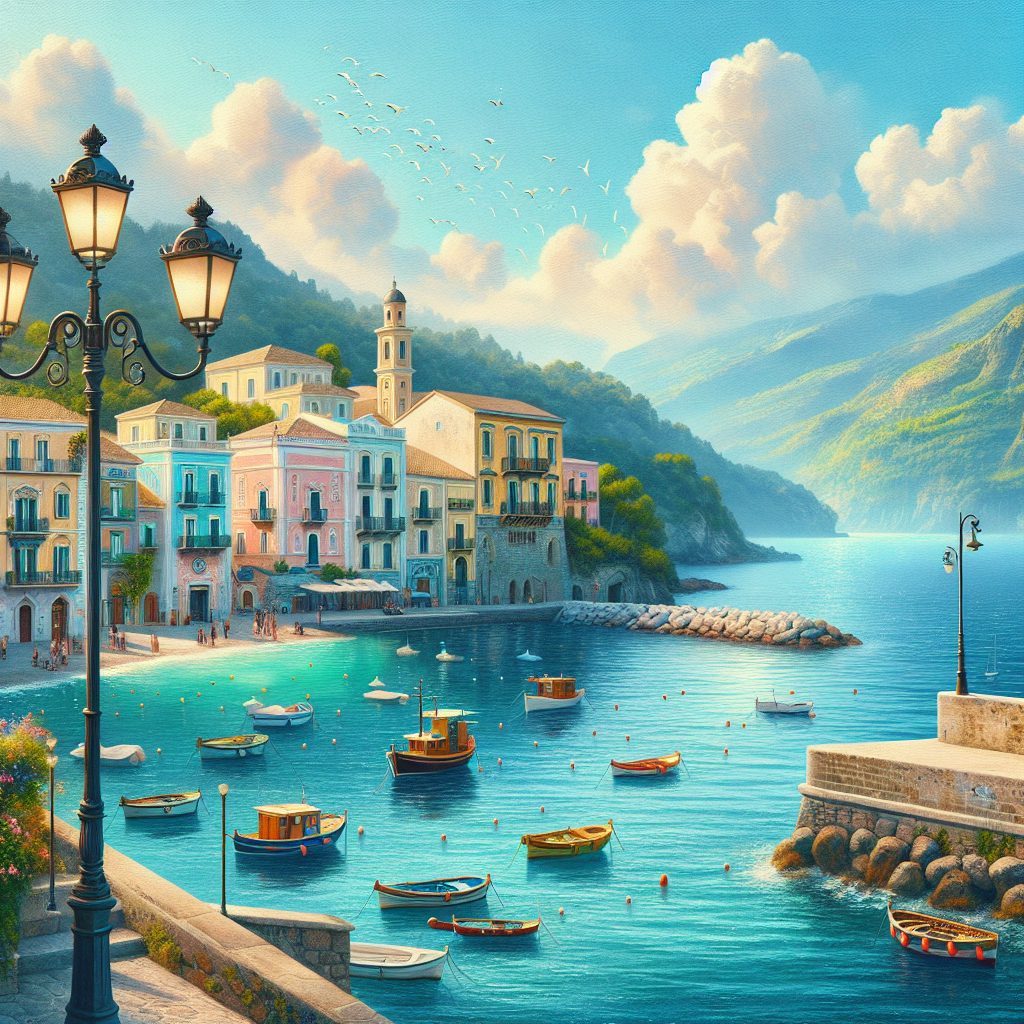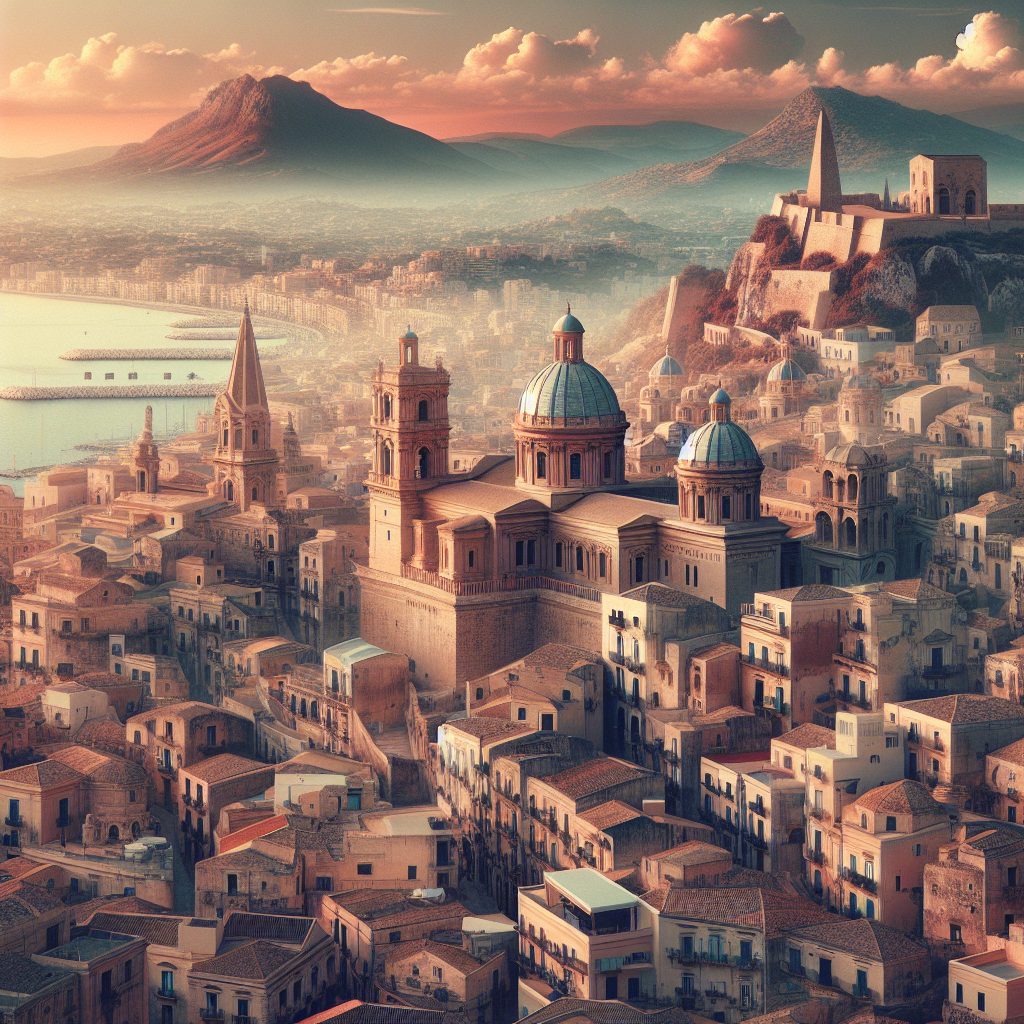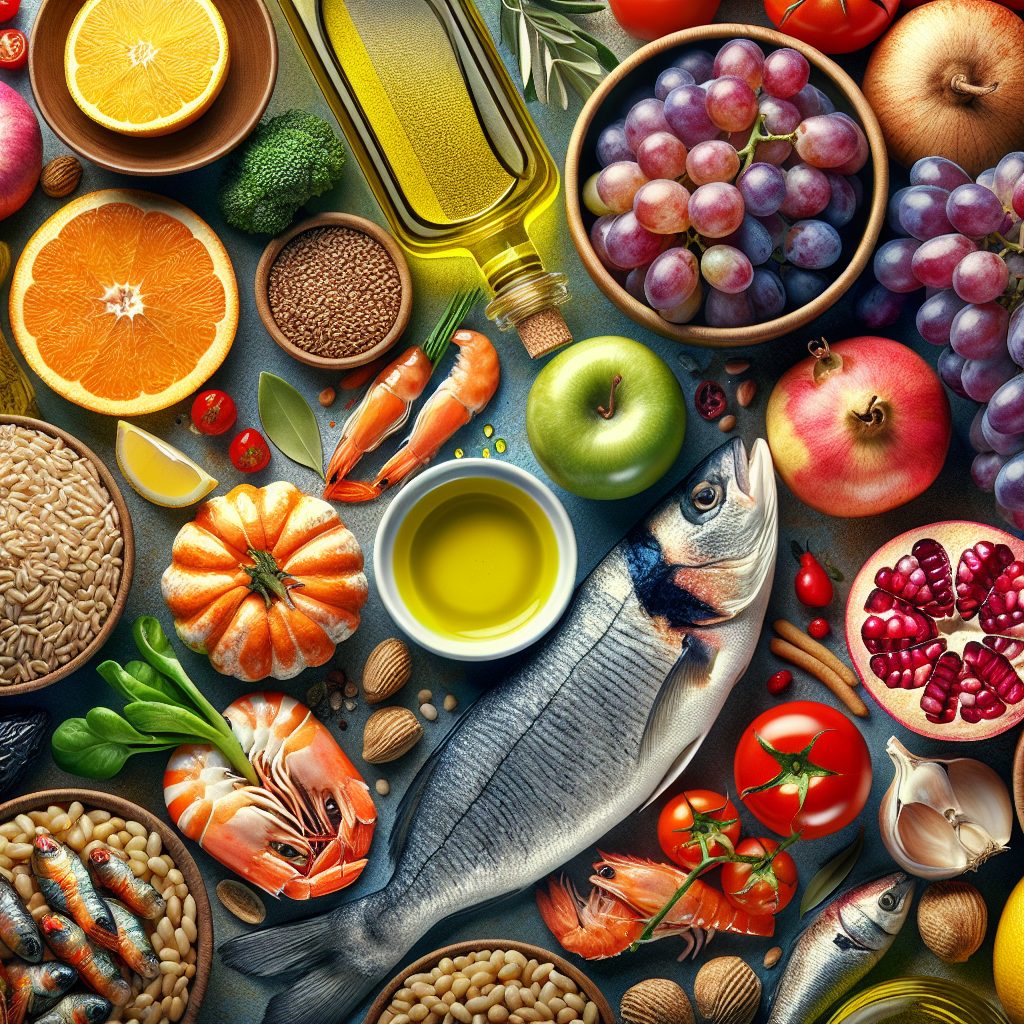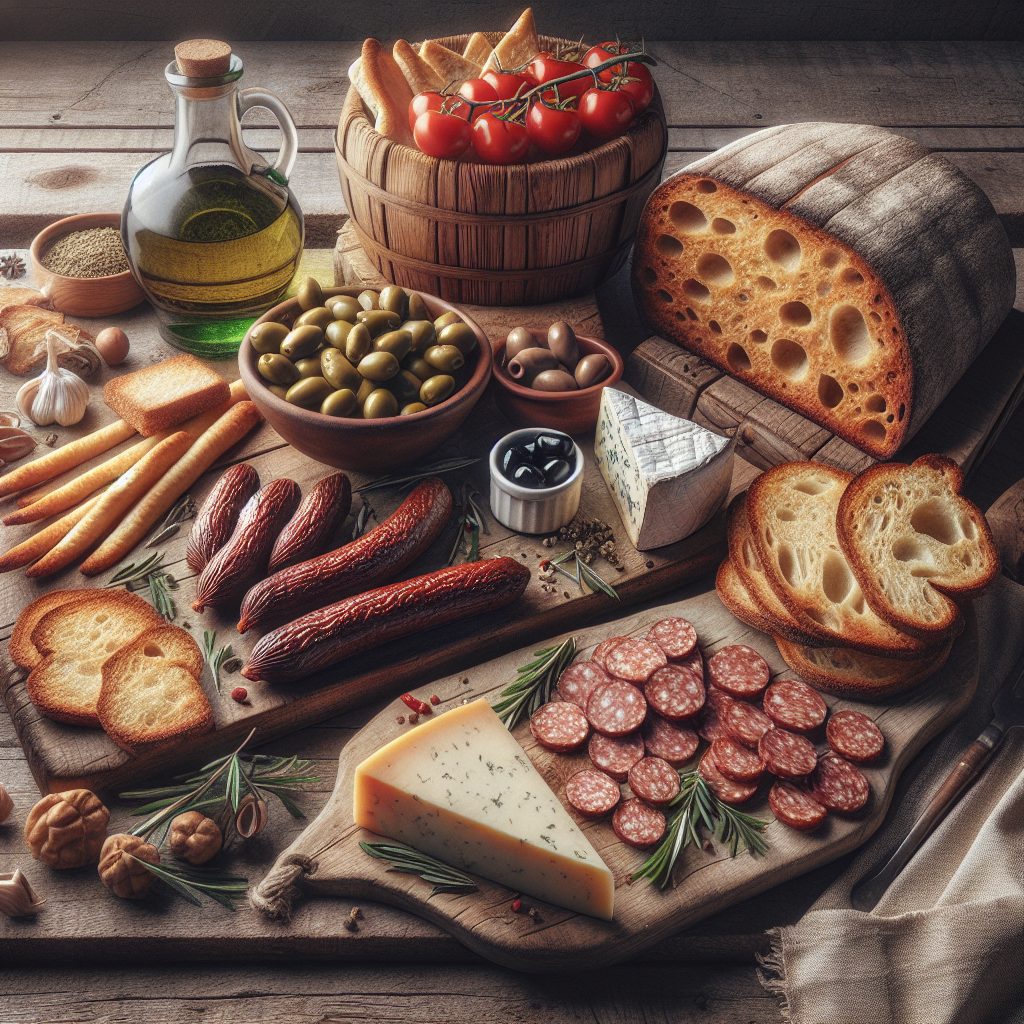Cagliari, the vibrant capital of the Italian island of Sardinia, is a city steeped in rich local traditions. One unique aspect of Cagliari’s cultural heritage is its fascinating blend of influences from Mediterranean civilizations throughout history. From ancient Phoenician and Roman ruins to medieval towers and bastions, the city’s architecture is a testament to its diverse past. These local traditions have left an indelible mark on the city’s character, shaping its identity and creating a captivating atmosphere for both residents and visitors alike.
In addition to its architectural wonders, Cagliari is known for its distinctive culinary traditions. Sardinian cuisine is renowned for its emphasis on fresh and locally sourced ingredients, resulting in a delightful array of traditional dishes. From succulent roasted meats to mouthwatering seafood specialties, Cagliari offers a culinary experience that is bound to tantalize the taste buds of even the most discerning food lovers. Moreover, the city presents a wealth of opportunities to experience local traditions through its vibrant markets and traditional festivals, where visitors can immerse themselves in the colorful tapestry of Cagliari’s cultural heritage.
Now that we have explored the unique aspects of Cagliari’s local traditions, let us delve deeper into the key takeaways that make this enchanting city a must-visit destination for those seeking an authentic cultural experience. From traditional crafts and artisanal products to lively festivities that celebrate Cagliari’s heritage, we will unravel the hidden gems and unmissable experiences that await those who venture into the heart of this dynamic Italian city. So, let’s embark on a journey to discover the captivating local traditions of Cagliari and uncover the treasures that lie within its ancient streets.
Key Takeaways
1. Cagliari, a city in Sardinia, holds a rich cultural heritage steeped in traditional customs and festivities. The city’s locals pride themselves on preserving their unique traditions which are deeply rooted in history.
2. One of the most famous events in Cagliari is the Sant’Efisio procession, which takes place on May 1st each year. This colorful and religious parade attracts thousands of participants and spectators, showcasing Cagliari’s devotion to its patron saint.
3. The Feast of Sant’Efisio is closely tied to the tradition of wearing traditional clothing. Participants of the procession don elaborate and vibrant costumes, representing their local communities, showcasing the city’s commitment to preserving its customs.
4. Cagliari’s local traditions also include various cultural and religious events throughout the year. The Festa di Sant’Efisio is accompanied by rituals, such as the lighting of bonfires and the offering of votive candles, demonstrating the unique blend of religious beliefs and folklore that exist in the city.
5. Cagliari embraces its culinary traditions, with several traditional delicacies and dishes that have become iconic to the region. Local cuisine showcases a mix of Mediterranean and Sardinian flavors, allowing visitors to indulge in unique gastronomic experiences and appreciate the city’s rich cultural heritage through its food.
What are the Local Traditions in Cagliari?
1. Festivals and Processions
Cagliari, the capital city of Sardinia, Italy, is renowned for its vibrant local traditions. The city proudly showcases various festivals and processions throughout the year. One of the most significant events is the Feast of Saint Efisio, which takes place on May 1st. This religious procession gathers thousands of participants dressed in traditional costumes, parading through the streets of Cagliari to honor the saint. Another renowned festival is the Sant’Antonio Abate Bonfire, celebrated on January 16th, involving bonfires, traditional music, and dancing.
2. Sardinian Traditional Costumes
An important aspect of Cagliari’s local traditions is the preservation and showcase of Sardinian traditional costumes. These intricately designed garments reflect the cultural heritage and history of the island. The costumes are often worn during traditional festivals and events, allowing locals and visitors alike to experience the rich Sardinian folklore. Colorful fabrics, handmade lace, and precious jewelry play significant roles in these traditional attires.
3. Culinary Delights
Cagliari’s local traditions are closely tied to its gastronomic culture. Savoring the authentic flavors of the region is a must-do while exploring the city. Traditional Sardinian dishes such as malloreddus pasta, suckling pig (porceddu), and seadas (a type of cheese-filled dessert) are widely available and highly praised. Cagliari’s cuisine mesmerizes visitors with its aromatic herbs, locally produced olive oil, and fresh seafood delicacies.
4. Traditional Crafts and Artisans
The traditional crafts and artisans of Cagliari play a vital role in preserving the local traditions and creating unique handicrafts. The city is home to skilled artisans who continue to produce items using traditional techniques and materials. Visitors can explore workshops and boutiques to witness the creation of intricate handmade pottery, basketry, jewelry, and textiles. These authentic crafts make for memorable souvenirs that reflect the beauty and traditions of Cagliari.
5. Religious Celebrations
Religion holds a significant place in Cagliari’s local traditions, with various religious celebrations observed throughout the year. The city has several beautiful churches, including the Cathedral of Santa Maria, which serves as the seat of the Archbishop of Cagliari. Religious processions, mass services, and festivals dedicated to different saints capture the essence of the religious heritage of the city. These celebrations allow locals to come together, express their faith, and honor their religious traditions.
6. Traditional Music and Dance
Traditional music and dance are integral parts of Cagliari’s local traditions. The city is known for its folk dances, such as the ballu tundu, which involve couples rotating in a circle to the rhythm of traditional music. Instruments like the launeddas (a type of woodwind instrument) add a distinctive flavor to the local music. Visitors can immerse themselves in the lively ambiance of traditional performances, where locals enthusiastically showcase their cultural heritage through music and dance.
Useful Tips for Discovering Cagliari’s Local Traditions:
1. Attend the Feast of Saint Efisio to witness the grandeur of one of the largest religious processions in Italy.
2. Explore local markets to discover traditional Sardinian crafts and taste regional culinary specialties.
3. Visit the Museo delle Tradizioni in Cagliari to delve deeper into the city’s traditional culture and heritage.
4. Support local artisans by purchasing handmade traditional items as souvenirs or gifts.
5. Immerse yourself in the traditional music and dance scene by attending cultural events and performances.
6. Participate in guided tours or workshops to learn about the customs and rituals associated with Cagliari’s local traditions.
FAQ
1. What are the major local traditions in Cagliari?
Cagliari is known for its rich cultural heritage and vibrant local traditions. Some of the major traditions include the Sant’Efisio procession, the Castello district festivities, the Feast of Saint Restituta, and the Carnival of Cagliari.
2. When does the Sant’Efisio procession take place?
The Sant’Efisio procession is held annually on May 1st. It is one of the most important religious events in Sardinia, attracting thousands of participants and spectators. The procession honors the patron saint of Cagliari, Sant’Efisio, and features colorful costumes, traditional music, and horse-drawn carriages.
3. What are the highlights of the Castello district festivities?
The Castello district festivities, also known as “Festa di Sant’Efisio a Casteddu,” take place from May 1st to May 4th. This celebration brings the ancient district to life with traditional ceremonies, religious processions, folk dances, and street performances. It offers a unique opportunity to immerse oneself in the local culture and traditions.
4. Tell me more about the Feast of Saint Restituta.
The Feast of Saint Restituta, known as “Festa di Santa Restituta,” is held annually on May 17th in the village of Pula, near Cagliari. It commemorates the life and martyrdom of Saint Restituta, who is believed to have saved the village from a terrible plague. The festivity includes religious processions, illuminations, and traditional music and dancing.
5. What can I expect from the Carnival of Cagliari?
The Carnival of Cagliari is a colorful and lively event that takes place in February or March, depending on the lunar calendar. It is a time of elaborate parades, flamboyant costumes, music, and dancing. The city comes alive with street performances, mask contests, and themed parties, offering a joyful and festive atmosphere.
6. Are there any traditional dishes associated with Cagliari?
Yes, Cagliari is renowned for its delicious traditional cuisine. Some iconic dishes include “malloreddus,” a type of handmade pasta typically served with a tomato and sausage sauce, and “burrida,” a fish soup cooked with walnuts, vinegar, and saffron. Don’t forget to try “fregula,” a type of small pasta, and indulge in pastries like “panettone sardo” and “sebadas.”
7. Are there any local crafts worth exploring in Cagliari?
Absolutely! Cagliari offers a wide range of local crafts to explore. Traditional basket weaving is a popular craft, with skilled artisans creating beautiful baskets and other woven products. You can also discover handmade ceramics, jewelry, and textiles that showcase the beauty and craftsmanship of the region.
8. Are there any specific local customs or etiquette I should be aware of in Cagliari?
While visiting Cagliari, it is always appreciated to show respect for the local customs and etiquette. Greetings are important, so a handshake and a smile are customary when meeting someone. It is also customary to bring a small gift, such as a bottle of wine or sweets, when invited to someone’s home.
9. Can I participate in the local traditions as a visitor?
Yes, as a visitor, you are welcomed to participate in many of the local traditions and festivities. The Cagliaritani take pride in sharing their cultural heritage with others. You can join in the processions, watch the performances, sample traditional dishes, and immerse yourself in the vibrant atmosphere that makes Cagliari truly unique.
10. Where can I find more information about Cagliari local traditions?
If you want to learn more about Cagliari local traditions, you can visit the local tourist information centers, museums, and cultural institutions. Additionally, online resources, travel guides, and local forums can provide valuable insights and detailed information about the various traditions and events in Cagliari.
Final Thoughts
Cagliari local traditions are a true reflection of the city’s rich history, cultural diversity, and community spirit. The festivities and customs give you a unique insight into the lives of the Cagliaritani, allowing you to embrace their traditions and become part of the vibrant tapestry of the city.
Exploring Cagliari local traditions offers an unforgettable experience, filled with color, music, gastronomy, and a genuine sense of belonging. Whether you choose to witness the grand processions, savor the traditional dishes, or engage with the local artisans, Cagliari will captivate you with its authentic and vibrant cultural heritage.
